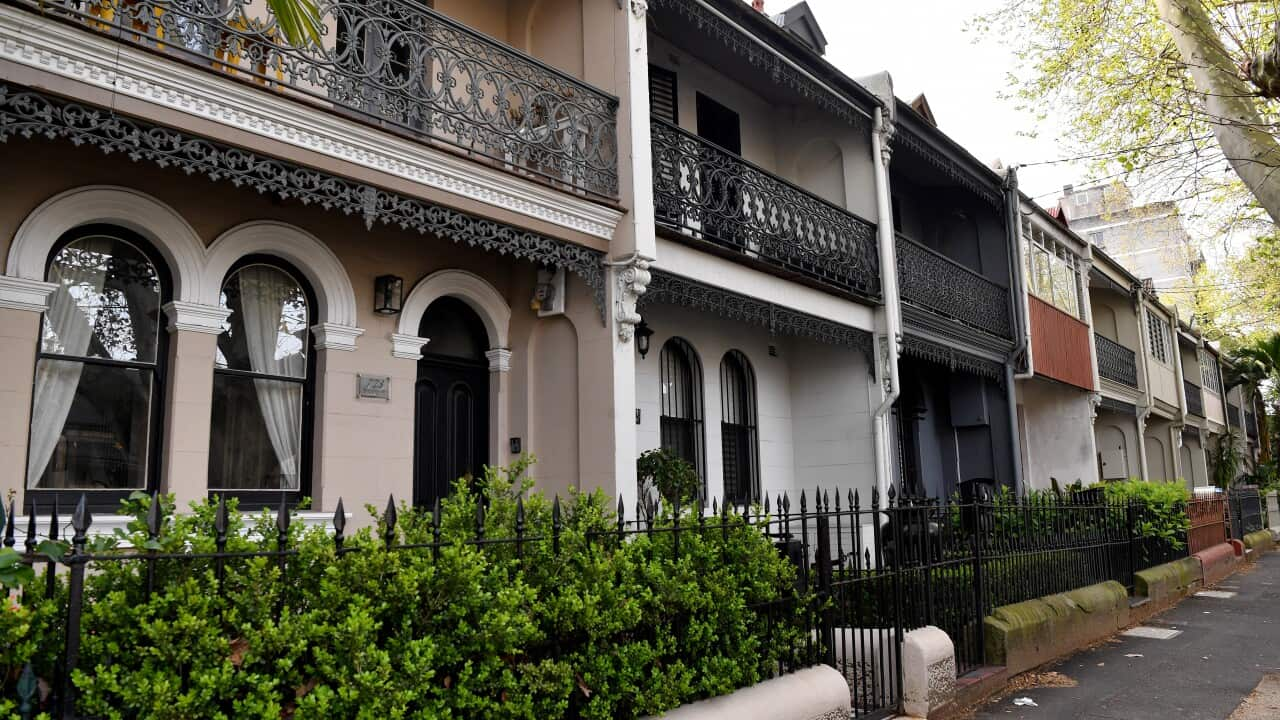Key Points
- International students say they’re often forced to find alternative ways to secure private rental accommodation in Australia due to their limited credit histories.
- Scamwatch is warning prospective tenants to be wary of rental properties advertised on the net where the ‘owner’ makes excuses as to why one cannot inspect the property but insists on upfront payments.
- The students say they are doubtful they will ever recover the thousands of dollars they sent via money transfer.
Chen Chuhao, 21, handed over $7,200 after a person posing as a rental agent provided him with the contact details of the fake landlord of a Sydney apartment.
This is not an isolated incident.
A spokesperson from the Australian Competition and Consumer Commission’s (ACCC) scam watchdog, Scamwatch, said since 1 January, they’ve received seven reports of $3,620 losses referencing Chinese social media platform, Little Red Book.
Scamwatch had an increase in temporary visa holders, particularly international students, being exploited amid Australia’s accommodation shortage crisis.

Chinese international student Chen Chuhao told SBS Chinese that he was tricked into handing over $7,200 to a 'fake' landlord. Source: Supplied / Chen Chuhao
Mr Chen had only viewed the property – a two-bedroom, two-bathroom furnished duplex listed for $900 per week in the inner southern suburb of Zetland - online.
The listing included photos and a real address, a seemingly comfortable place for Mr Chen to call home a week before the university semester was due to begin.
With the fear of missing out on accommodation, he says he proceeded to pay one month’s rent and one’s month’s deposit, and handed over personal details to the scammer before signing, what appeared to him, to be a standard rental contract.
Attempts to inspect the property beforehand were rejected by the fake landlord, who said the space remained tenanted.
Mr Chen said the landlord then “ghosted” him on the day the property was said to become vacant.
“They blocked and deleted me online,” he said.
‘I was duped’
Liu Jingtong, 18, admitted she also fell victim to the same scam.
The University of New South Wales undergraduate had commenced her search for an apartment whilst in China in July.
“My roommates and I were eager to move in (as soon as we arrived), so we wired the money and signed the contract,” she told SBS Chinese.

Liu Jingtong admitted she also fell victim to the same scam. Source: Supplied / Liu Jingtong
I was basically homeless as soon as I hopped off the plane.Liu Jingtong
“My parents told me I had to start making my own decisions now that I was an adult. But I was duped upon making that first decision," she said.
Money recovery ‘unlikely’
NSW Police told SBS Chinese in a statement they worked with financial institutions and the Australian Transaction Reports and Analysis Centre (AUSTRAC) to monitor, identify, and investigate fraudulent transactions.
But a senior financial crimes expert from one of Australia’s top four banks and who was unauthorised to speak publicly told SBS Chinese that “it is totally unlikely” the students would get their money back.
“Because it’s totally likely they (the fraudster) transferred the money after they received it,” the expert said.

Chen Chuhao said he proceeded to pay one month’s rent and one’s month’s deposit, and handed over personal details to the scammer before signing, what appeared to him, to be a standard rental contract. Source: Supplied
AUSTRAC was on involved in an Australian Federal Police (AFP)-led investigation into the charging of seven members of an alleged Chinese organised crime syndicate accused of laundering almost $229 million of proceeds of crime in the past three years.
“The amount of money (lost by the students) is a lot less compared to the (amount related to the) syndicate. What we can do is just educate the international students,” they said.
Is warning others the only recourse?
The students said the difficulty of finding short-term accommodation whilst completing their tertiary education in Australia was forcing them into traps whereby to secure a property, they had to pay an upfront fee via money transfer.
As newcomers to the country, they argued they weren’t often immediately set up with local bank statements and a rental history to appeal to rental providers.
Mr Chen and Ms Liu have since returned to Little Red Book where they were scammed to warn others of the fake landlord.
They said they were among a dozen victims who had all been scammed by the same bank account holder posing under different names.
“Everyone is looking for a place to rent. Don’t even worry about not finding a place. Even if (you) give yourself a week after arriving, you will definitely find a suitable place," they said.
“Just be cautious and don't fall for fake agency ads.”




